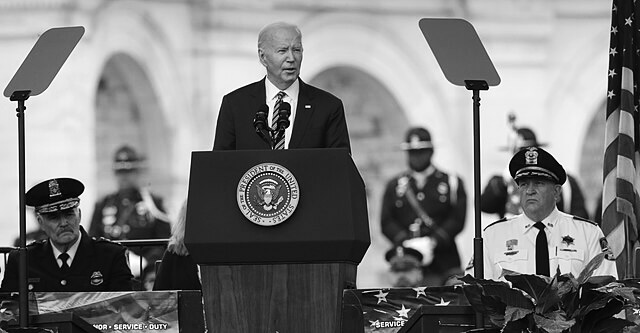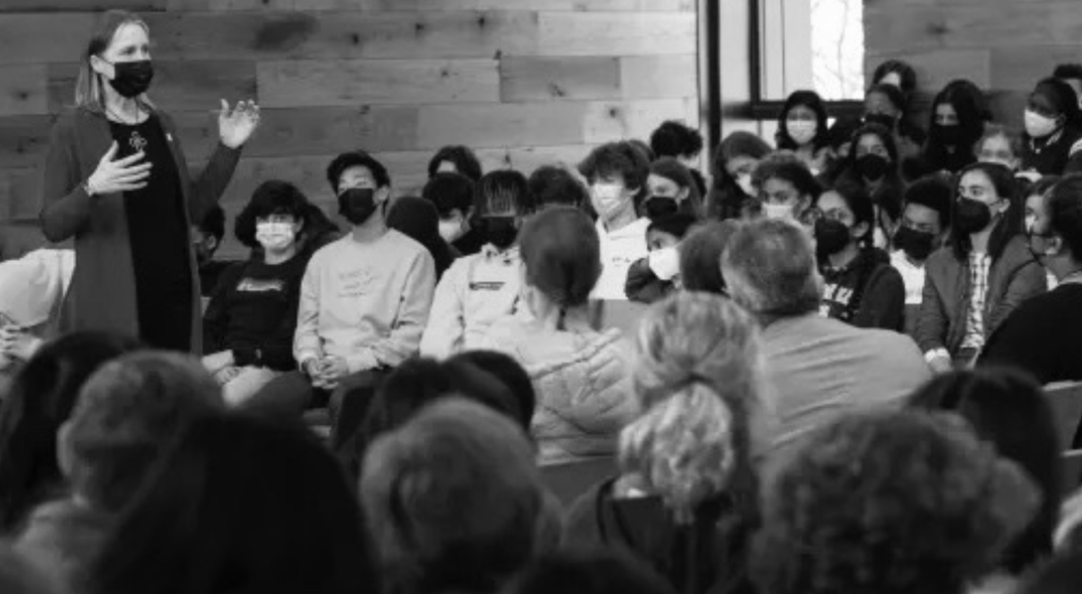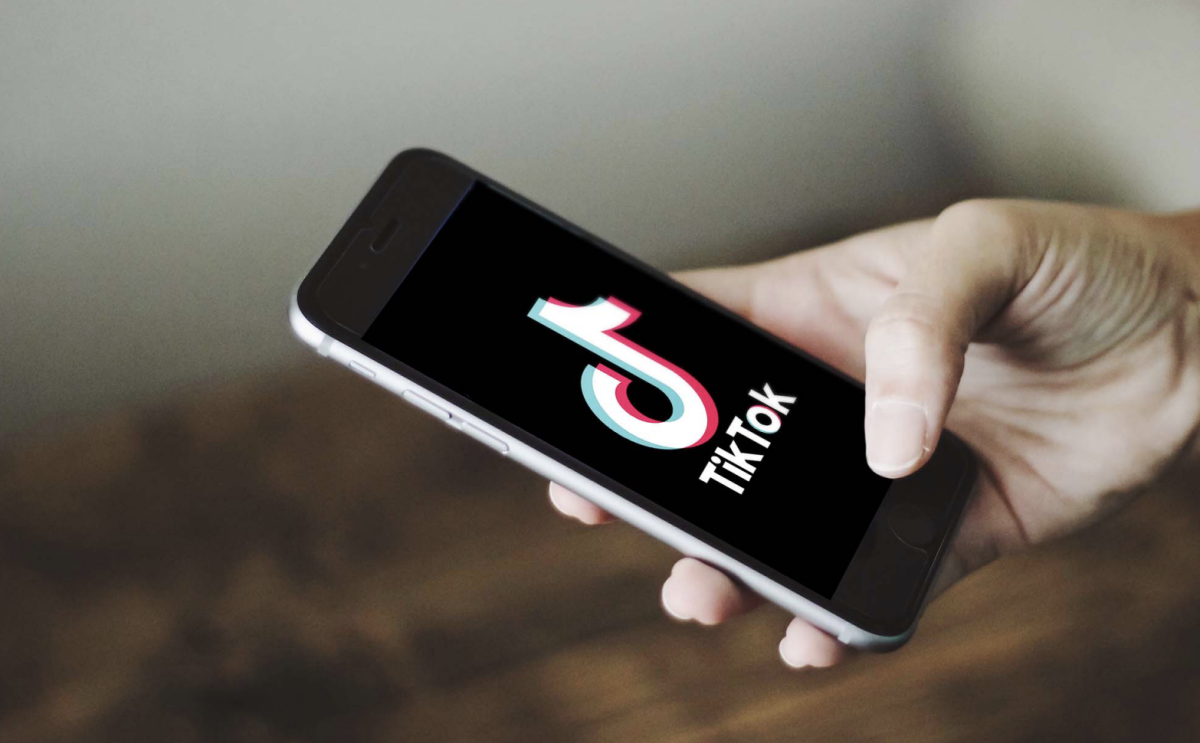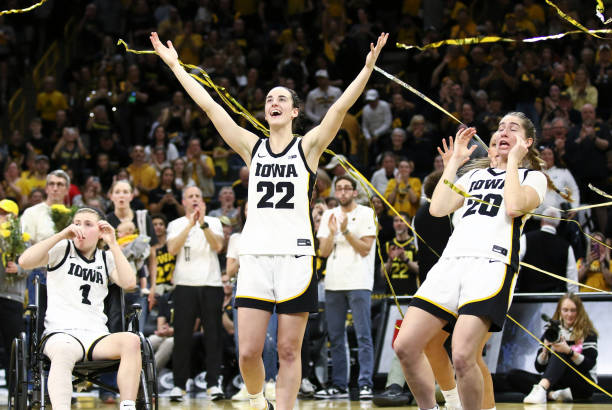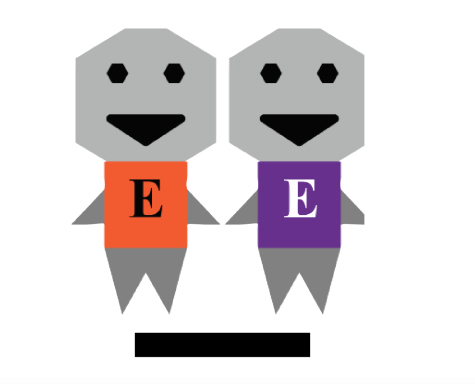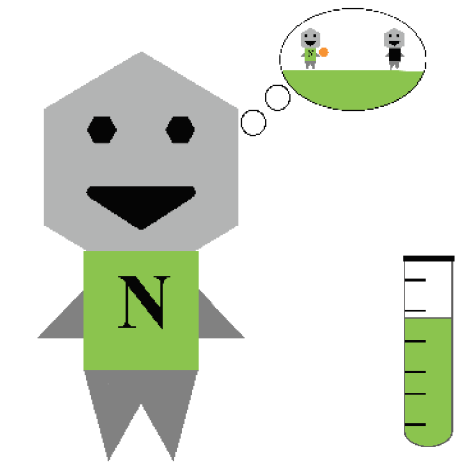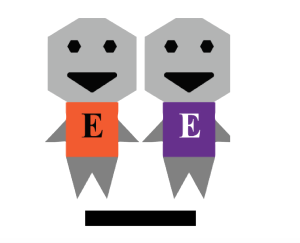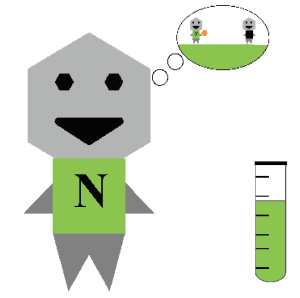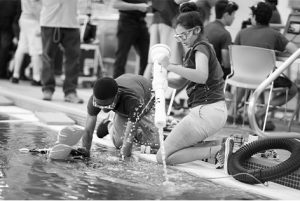Upper School Faculty Reveal Their Personality Types
The Myers-Briggs Type Indicator (MBTI) test is a long-established personality assessment that facilitates self-exploration. The test offers a new perspective on Sidwell’s teachers, surveying their personality types. Data reveals the most common personality type among Sidwell’s faculty — approximately 30% of the 22 individuals who took the test — to be INFP (introverted, intuitive, feeling and perceiving).
Also known as mediators, these individuals are creative, compassionate and open-minded. Oftentimes, INFP personalities are not the loudest in the room, but nevertheless, they are naturally respected by their peers for their warm-hearted nature. Well-known INFPs include William Shakespeare, Alicia Keys, Julia Roberts and Princess Diana.
According to the 16Personalities website, many people with this personality type “choose careers that are focused on service,” so it is no surprise that it is common among educators. Most teachers care deeply about forming connections and providing environments where everyone feels valued and safe.
Additionally, 86% of all faculty members surveyed are introverted, while 14% are extroverted. Notably, all of the teachers with extroverted personalities are in the humanities: either English or History. Samantha Goodwin, an English teacher, is one of the few extroverted faculty members. As an ENFJ, she describes herself as “outgoing, curious and organized.” Her classes often involve group discussions and are geared toward student-teacher interaction.
When asked why she chose to pursue a teaching career, Goodwin said: “I love revisiting texts again and again, and hearing new ideas from my students every year. I love being around people (teachers and students) who love to learn and want to keep evolving.”
Upper School English Teacher Zachary Harvat also falls under the ENFJ personality type. In fact, all current Sidwell English teachers who took the test are “feelers,” people who tend to follow their emotions. Their passion and emotional intelligence contribute to their ability to analyze texts, connect with characters and effectively communicate with students.
The STEM (Science, Technology, Engineering and Math) teachers surveyed, by contrast, are 100% introverted. Relative to extroverts, introverts are more likely to prefer listening over talking, as well as alone time over spending time with others. Requiring discipline, careful observation and independent thinking, it makes sense that people of this personality type would thrive in areas focused on problem-solving and discovery.
In addition, the STEM teachers are the only ones with an “S” in their personality types, while everyone else has an “N.” This signifies that they are “sensing” individuals who rely on tangibility, practicality and factual evidence. Similarly, science and math courses focus on certainty and proof as opposed to abstract or unfounded theories.
Isaac Miller, a member of the Science Department, is an ISFP who describes himself as “curious, kind and careful.” He chose to work in the STEM field because he “likes the challenge and logic of it.”
In the Language Department, all of the teachers are introverted, intuitive and feeling individuals. Helping students on various levels learn a new language is not an easy task, which is why the patience and empathy exhibited by these teachers is an essential strength.
After attending Sidwell’s Upper School, Camila Villanueva discovered her passion for teaching. She said for her, “it’s not just teaching, but specifically helping the high school age group that clicks.” She has taught multiple levels of Upper School Spanish for several years now.
As an INFJ, Villanueva describes herself as “shy, quirky, pícara (sassy) and a good listener.” She tries to do a mix of discussion, individual work and partner work that varies depending on the level she is teaching. Despite her introversion and natural shyness, she is very outgoing in the classroom. “Different parts of ourselves come out in different situations,” Villanueva explained, adding, “being in the classroom and teaching my students brings to light my greatest strengths and pushes me to be myself.”
Overall, the MBTI test is a window into the personalities of teachers at Sidwell, displaying the importance of each personality type in creating a diverse and unique community.
Your donation will support the student journalists of Sidwell Friends School. Your contribution will allow us to purchase equipment and cover our annual website hosting costs.
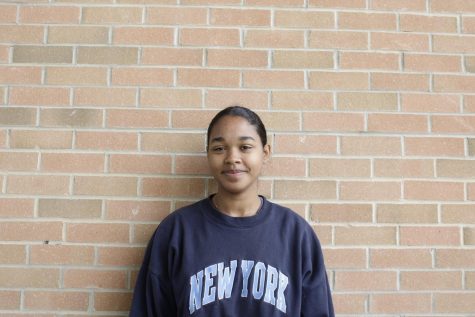
Maya Jones is currently a Features Editor for Horizon. Prior to this, she worked as a Staff Writer for the newspaper.

Quinn Patwardhan is currently Graphics Editor for Horizon, a position he held in the 2022-2023 and 2023-2024 school years.








